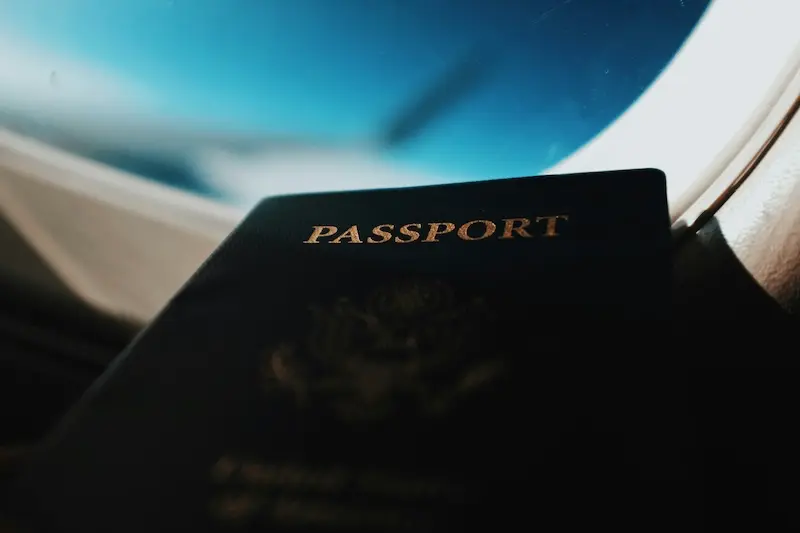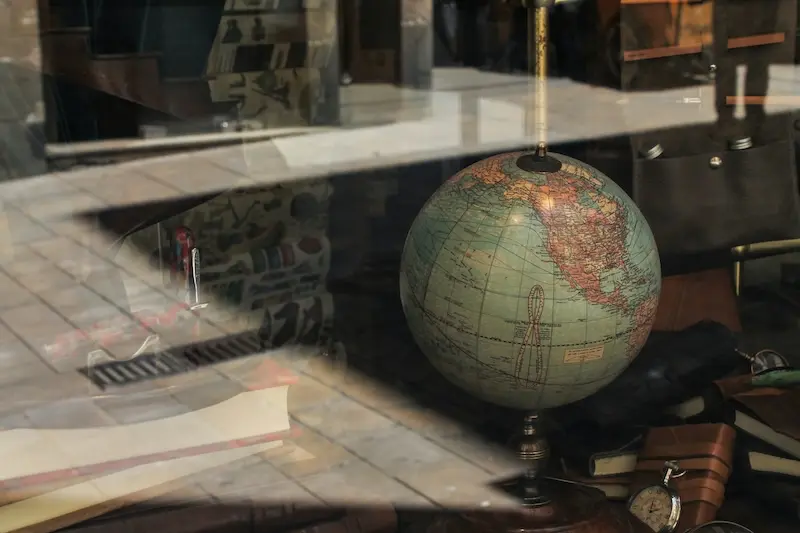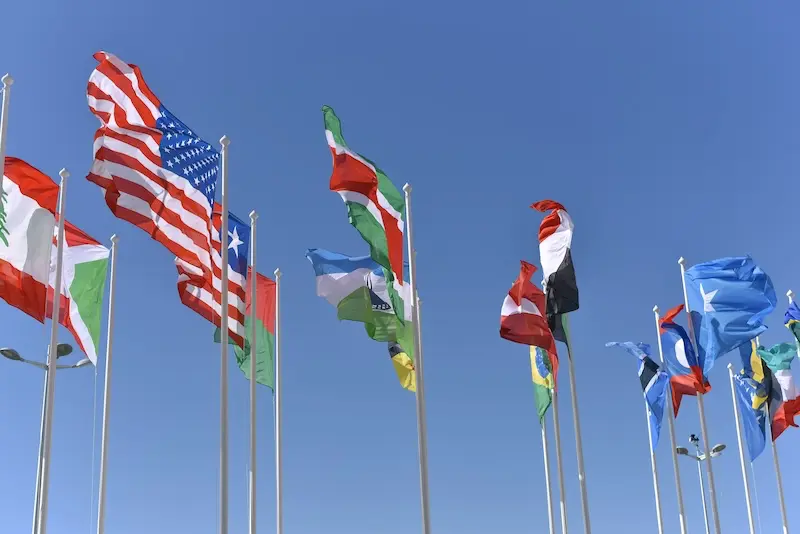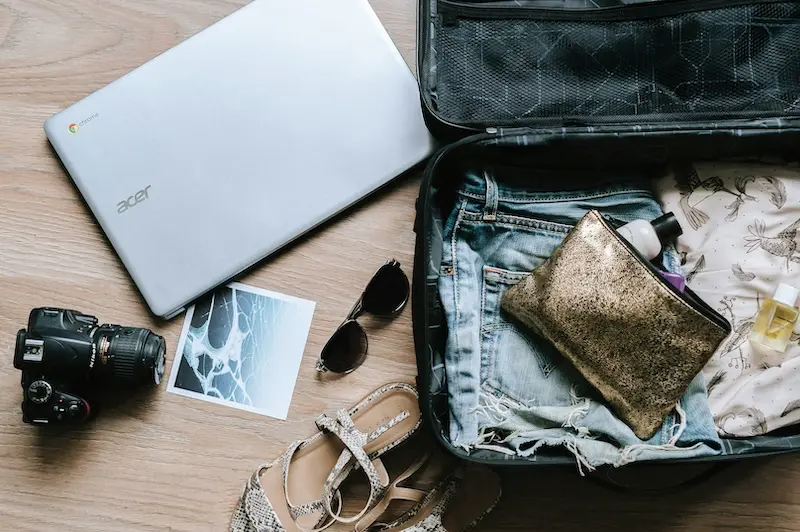PRACTICAL TIPS FOR FIRST-TIME INTERNATIONAL TRAVEL

International travel is an exhilarating adventure that can truly be one of the most amazing experiences you can have.
The thrill of exploring the world, regardless of your travel purpose, can enrich your life, equip you with valuable skills and experience, and create lifelong memories. The excitement of international travel is unparalleled, and the benefits are numerous.
Embarking on a successful journey that fulfills your needs requires meticulous planning and effort. This is especially true when venturing into unfamiliar territories or foreign countries. By planning ahead, you can ensure a smooth and enjoyable trip, giving you a sense of security and preparedness.
But what can you do to enable your next international trip to run smoothly?
1. Make sure your Passport is valid

Before you even book any plans, you need to make sure that your passport is valid for travel, considering all the theories you will be visiting or passing through.
The US and all countries across the world will have different regulations on how long it needs to be left on your passport before the last leg of your journey home.
For many countries, this needs to be 6 months and is applicable to travel to China, Egypt, and the Maldives for example. New Zealand, Italy, and Canada require you to have at least 3 months left on your passport.
Most European countries don’t require extended periods on your passport; it simply needs to be valid when you leave the country.
However, it is strongly advised that all travelers have 6 months clear on their passport from their latest departure travel date to avoid any confusion or issues.
2. Check the visa requirement

Depending on your passport, many countries will require a visa to enter.
Some visa processes can be complex and vary from country to country. The cost of each visa and their type can also vary; for example, Australia will have different visas for people wanting to visit for leisure or for extended work or study periods.
A visitor visa to Australia is $185 (B1/2), while a tourist visa is not required to visit the UK for stays less than 6 months for vacations. It’s the responsibility of the travelers to ensure they have obtained the correct visa for all countries on the itinerary so they know they are able to enter the country legally.
3. Research your Destination

Always do your research when traveling abroad. You need to know what to expect when you arrive and what local customs and laws you will be expected to abide by.
This is especially important for countries that follow different religions, such as visiting Islamic countries. The more you know about local customs or visitors’ expectations before arrival, the more prepared and confident you can be.
Another tip is to teach yourself about common tourist traps and criminal activities targeting those visiting different countries. This will be something you can come across anywhere. The US Embassy particularly suggests citizens be aware of common scams for things like Tuk-Tuk rides, where you get charged an exorbitant amount of money for a short ride, the taxi overcharge scam as you will be unfamiliar with the area, and some unscrupulous drivers might take advantage of that.
Other scams include not having price lists at restaurants and then charging exorbitant amounts for simple basic meals and drinks; this has been noted to occur in some European countries. Locals might offer to” help you carry your luggage” and then force you to pay large sums to give it back.
4. Pre Book All Connections and Travel Plans

It’s advisable to pre-book all essential travel arrangements, including flights, transfers, and tickets, prior to your departure. This proactive approach can help you avoid last-minute stress and ensure you reach your destinations on time.
Having a clear travel plan and understanding your options at your destination can significantly impact your trip, making you feel organized and in control.
Remember to allow sufficient time to get from one connection to another, especially if you need connecting flights or change trains, planes, or buses.
5. Get information about your Embassy

It’s important to know where your embassy is for everywhere you will be visiting if you need help. Keep the number stored on your phone and the exact location on you at all times so that if you are indeed of their assistance, you can easily find your way to the embassy or have someone help you locate it.
Embassies can provide a range of services, from helping you replace a lost passport to providing emergency medical assistance, so knowing their location can be crucial in case of emergencies.
6. Check Amenities

Always be aware of the amenities and resources available for travelers when making travel plans. If you are on day trips or trying to move around the country, what support can you expect to find, and how hospitable are the local areas? Some high tourist places are likely going to have lots of amenities designed to make your life easier.
For example, those looking to visit Venice can find luggage storage venice in multiple areas, so you don’t need to carry any belongings with you if you want to explore prior to or after checking out. These practical resources can dictate an easier, more functional trip.
Many major tourist areas can have maps showing you where you are and how to get to where you need to be to help you navigate places and tourist centers, as you can find in cities like Barcelona, designed to help travelers.
7. Insurance and Documents

No one likes to think of what can go wrong or indeed travel, expecting the worst to happen, but for thousands of people across the world, this is a sad reality. Plans don’t always go as you want or expect them to, and things can happen outside of your control, no matter how well-prepared or researched you are.
We recommend SafetyWing for your Travel Insurance.
In this case, having good insurance coverage is vital as it has copies of all of your important documents and details. Insurance can cover you for things like medical care, lost luggage, connections that aren’t your fault, emergency accommodation, and more.
Copies of documents can include photocopying, taking pictures, or even both of things like your insurance documents, passports, accommodation plans, travel bookings, etc. This way, if you do lose anything, you have backups you can rely on. But remember to keep them separate so you don’t lose them all at once.






